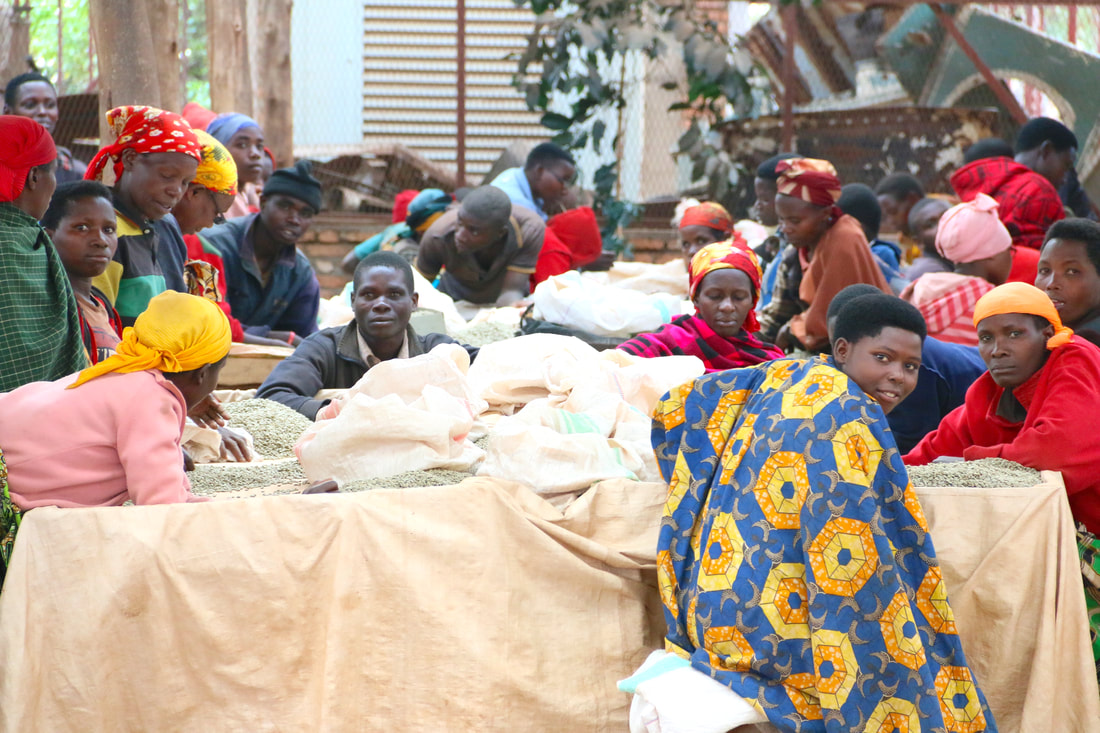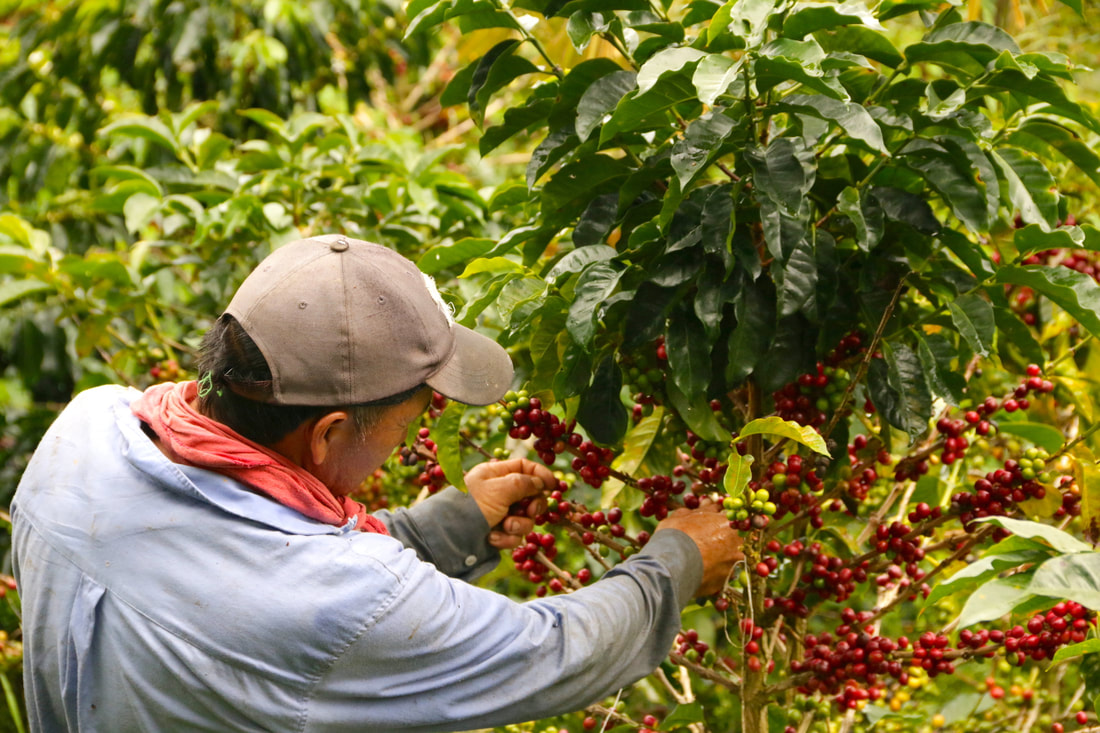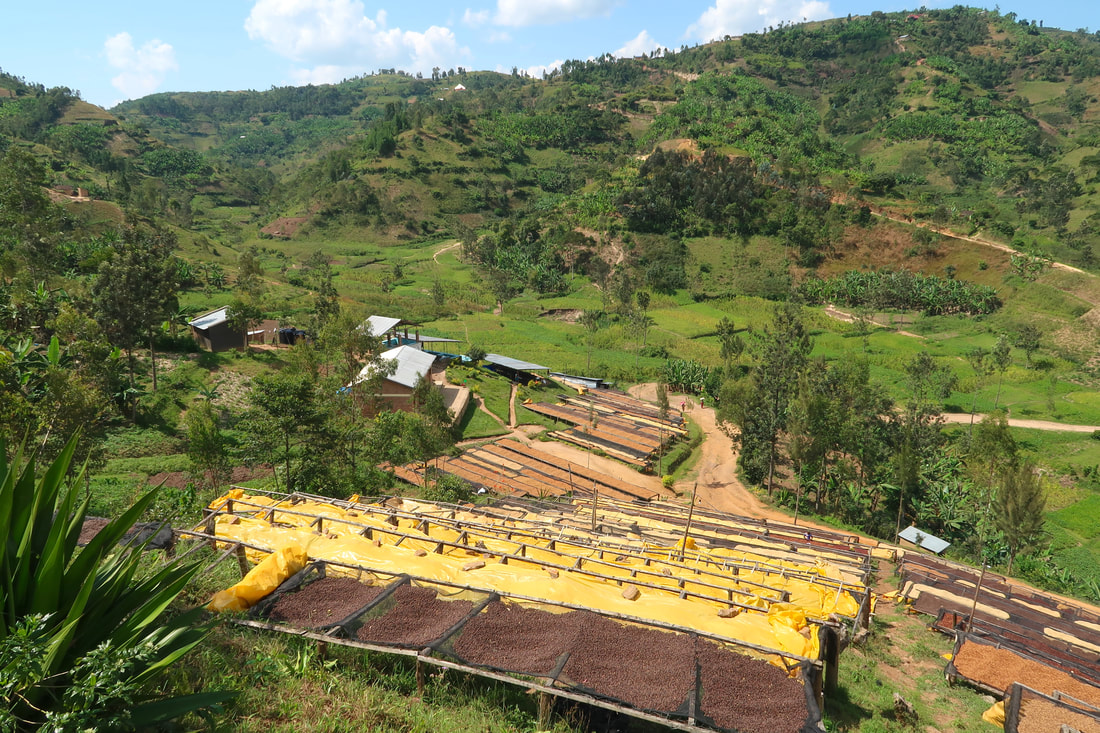|
For the specialty coffee industry, certifications are like the second wave of coffee, they are out of fashion! They no longer serve their purpose, and this is because the needs of consumers have changed and have become more diverse and complex. What specialty coffee lover wants to drink a bitter coffee at Starbucks, when they can just as easily have a fruity Kenya lightly roasted at an independent coffee shop? This phenomenon also occurs at the farm level. For example, the coffee farmer no longer wants the 0.2 USD/LB that Fair Trade offers him, but instead wants a direct and ethical trade with the importer of microlots who will pay him 4 USD/LB or more. Paying for the inspection of organic coffees has also lost its meaning, with climate change there are cultivation areas where it does not rain for months/years, and the coffee grower must use chemical fertilizers, otherwise they lose the harvest.
2 Comments
Coffee prices have skyrocketed for various reasons. Among them, the low production due to climate change, the logistical problems of the pandemic, generalized inflation and the war in Ukraine. The latter has considerably reduced access to inputs such as inorganic fertilizers, which has not only increased the costs of coffee production, but has also significantly reduced the profit margin of coffee farmers. Russia is the world's biggest fertilizer exporter, but its war with Ukraine has disrupted shipments and pushed up prices for natural gas, a key ingredient in fertilizer manufacturing. Ammonium nitrate and urea, the two main sources of nitrogen fertilizer, are the most widely used fertilizers in the world. Fertilizer prices had already more than doubled in the last 18 months, affecting coffee growers around the world.
Why would you prefer one over the other, if they are only separated by an imaginary border? A coffee grown in northern Burundi has exactly the same microclimate, varietal, process and terroir as one from southern Rwanda. There is no difference other than the name of the origin until this point of the production process, although there are many differences in various aspects. Both economies are overwhelmingly agricultural, and widely diversified farming is practiced throughout their territories. Arabica coffee is the main commercial crop and constitutes the main export of both countries. Being much more important in terms of total foreign exchange earnings for Burundi than for Rwanda, because the latter economy is more developed and diversified.
|
Archives
July 2024
Categories
All
|
- What We Do
- Que Hacemos
-
Origins
-
Orígenes
- Education
- Educación
- Contact
- Contacto
- Home Roaster Store
- Tienda del Home Roaster

|
Copyright © 2015-2024 | Kilimanjaro Specialty Coffees España S.L.U. All Rights Reserved.
|




 RSS Feed
RSS Feed